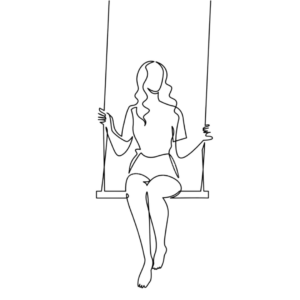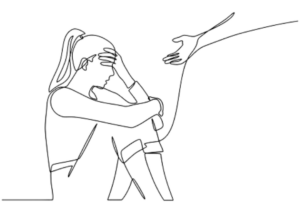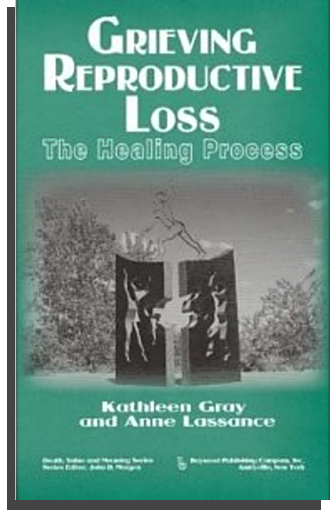Reproductive Loss
Grief Support Awareness
Reproductive loss may not usually be
recognized as an event to grieve.
Grief due to reproductive loss could be hard to understand.
Here is how you can help someone you care for throughout it’s grieving process.
Dos
Acknowledge their loss.
By saying, “I am so sorry for your loss,” you validate their grief.


Listen.
Sometimes, a person who went through a reproductive loss needs to talk about what happened to make sense of their experience. You can say, “That must have been so hard”. Or “I am so sorry that you went through that”. Or “I dont know what to say, but Im so glad you told me”
Reproductive loss is far from unusual. When you let someone talk about it, you are breaking the taboo surrounding it, avoiding the person feeling censored and alone.
Help.
Bring them a meal, offer to do their groceries sometime, or even do chores for them like doing their laundry or dishes.


When they feel like it, go together with friends to a recreational activity.
Dancing, yoga, knitting classes, pottery, art classes, walks in nature, a spa, day trips, working out together, etc.
Physical and leisure activity benefits mental health and can improve the outcomes of the grieving process, like building resilience, enabling social support, and creating a stronger sense of self.
Donts
Say hurtful comments.
We understand that it is difficult to see someone suffering. Although this may make you feel uncomfortable, keep in mind that everything you say to someone grieving reproductive loss will be taken very personally.
For example:
“At least you know you can get pregnant”, or “at least it happened now and not further into your pregnancy”, “things happen for a reason”, “crying won’t help you solve anything”, “you’ve been sad long enough”, “at least you have more children”, “you weren’t that pregnant anyway”, “you will be over this”, “it was just not meant to be”, etc.
There are comments that, although they could make sense intellectually, could be very hurtful emotionally for the bereaved person.


Avoid unsolicited advice.
How a person grieves depends on many things. One is how emotions were handled in their household and how their caregivers handled their own.
It also depends on the circumstances of their loss, like how their experience was at the hospital, how healthcare workers treated them, whether it was a traumatic birth or not, whether they got to meet their baby, etc.
Unsolicited advice could make the bereaved person feel more anxious or angry. It could always be better to ask: “Is there something I could do to help you?”
Expect them to get over it.
The grieving process is very overwhelming. The person is experiencing a rollercoaster of emotions and a lot of pain. Their parenthood expectations could feel shattered, and sometimes they do not understand their own reactions, or even themselves.
They will never forget their baby. Their loss will be with them always, and though this does not mean that they will always be sad, the grieving process is a way of learning to live life with their loss. You could say something like: “I could not imagine what you are going through”.
You could encourage them to get support where they can meet others who have gone through a similar loss.

GRIEF AWARENESS RESOURCES
Empathy vs. Sympathy.
The Healing
Process Model.
Supporting someone who is grieving a reproductive loss.

Sensibilization workshops for business.
CENTRE FOR
REPRODUCTIVE LOSS
All the information published on this website, or in any article herein is true and accurate to the best of the authors' knowledge.
Information on this site is a resource only and should not be a substitute for medical advice. No liability is assumed by the Centre for Reproductive Loss, employees, and volunteers,
for losses suffered by any person or organization relying directly or indirectly on information published on this site. Views expressed in any article are the views of the authors.
Information appearing on this site may be reproduced with credit being given to the source. © Centre for Reproductive Loss
Copyright © 2026 - Centre for Reproductive Loss (CRL - RHO) - All Right Reserved | Designed by Jojomasu Inc.
